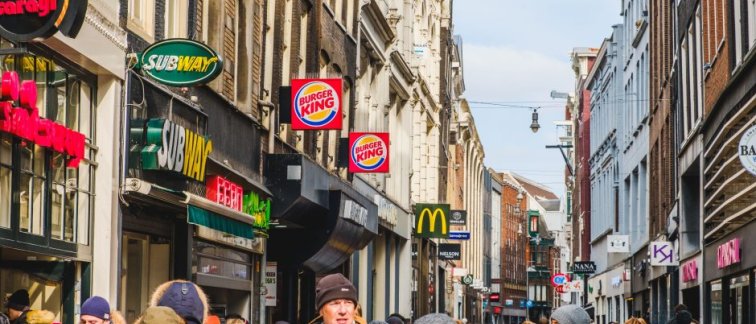Healthy eating is still too often seen as a purely individual choice, but that is not realistic," argue Dijkstra and Waterlander, both associate professor and researcher in the Department of Public & Occupational Health at Amsterdam UMC. "The food on offer in supermarkets and shopping streets has become increasingly unhealthy over the past decade. And this trend is not stopping, on the contrary," says Dijkstra. "It is very plausible that this leads to health damage, we know from the many scientific studies on this. We also know that measures like the sugar tax and a VAT reduction on fruits and vegetables are not sufficient to make people choose healthy, if unhealthy food is available everywhere.
The Netherlands government plans to limit unhealthy food availability at the municipal level, aiming to protect inhabitants from unhealthy living and food environments. This is similar to noise pollution protection, but requires a measure to determine healthy and unhealthy food options. The Environment Act, planned to be introduced in 2024, will establish the maximum amount of unhealthy food in areas. A "food environment score" developed by Dutch experts was tested in Amsterdam's shopping street. 76.9% of food offerings fell outside the Nutririon Centers’s Disk of five criteria. The overall indicate unhealthy vendors dominate the area and potentially impacting food intake and health.
The researchers recommend mapping unhealthy areas, setting specific standards, and designating experimental areas for healthier food environments. They suggest supporting municipalities with a new Food Act to help implement these recommendations. The choice to eat healthy is ultimately up to each individual. Dijkstra suggests that if half of the food supply is healthy, instead of just a quarter, we could have more choice. The argument that intervention is 'patronizing' is often based on a lobby of companies benefiting from unhealthy food.

